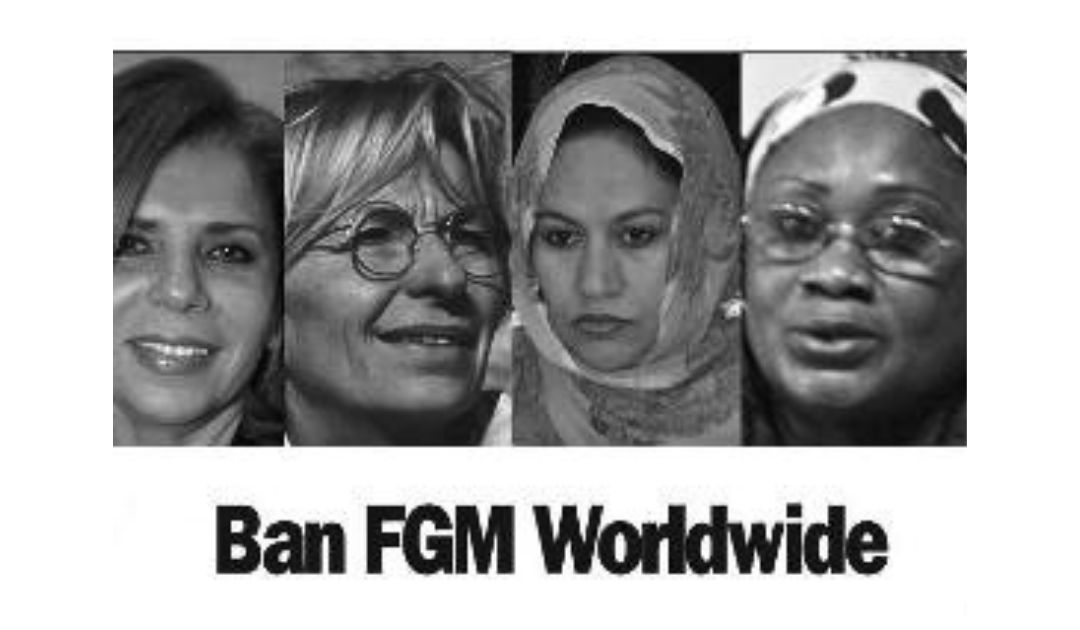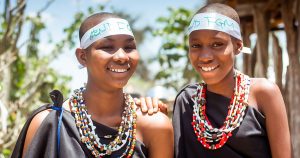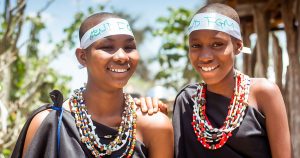Op Eds published on the occasion of the International Day for the Elimination of Violence against Women:
Worldwide support for ban on FGM welcome
By Mariam Lamizana and Emma Bonino, Daily Monitor (Uganda), 25 November 2010
Pour une interdiction mondiale des MGF
Par Emma Bonino et Mariam Lamizana, Le Soir, 25 novembre 2010
Al Palazzo di Vetro la battaglia contro le mutilazioni genitali
Emma Bonino, L’Unità, 25 novembre 2010
On this 10th anniversary of the International Day for the Elimination of Violence against Women, No Peace Without Justice (NPWJ) call upon all governments, and upon all international and regional organizations, to demonstrate their commitment to human rights and particularly the rights of women by supporting and promoting the adoption by the 65th session of the United Nations General Assembly of a Resolution to ban female genital mutilation worldwide.
In support of this development, political and opinion leaders from 42 countries around the world have signed an ‘Appeal to Ban FGM Worldwide,’ launched by No Peace Without Justice (NPWJ), The Inter-African Committee on Traditional Practices Affecting the Health of Women and Children (IAC), the European Network for the Prevention and Eradication of Harmful Traditional Practices (EuroNet FGM) and the Senegalese association “La Palabre”. Among the numerous prominent personalities who call for this are the First Ladies of Burkina Faso, Guinea Bissau, Uganda, Benin, and Italy, several Ministers and Nobel laureates (among whom Nadine Gordimer and Desmond Tutu), as well as parliamentarians, political leaders and civil society activists from countries in which FGM is committed and beyond.
Declaration by Alvilda Jablonko, FGM Program Coordinator of No Peace Without Justice:
“A UNGA ban would have important implications worldwide. It would serve to strengthen laws that currently ban FGM. It would provide new impetus for those nations that currently do not have such laws on the books. And it would reinforce the importance of previous declarations by UN bodies protecting the rights of women (such as that of the Commission on the Status of Women, adopted earlier this year).
Critically, a UNGA ban would contribute significantly to a global recognition that FGM is a human rights violation against millions of women around the world, and help to shift the discourse, and the required response, accordingly. This is a shift that women’s rights advocates have tenaciously pushed for over the past two decades. It would help strengthen the development of a political and social environment that challenges attitudes and behaviours on FGM and facilitates its elimination and would celebrate those who were brave enough to speak out against FGM when it was a taboo to do so and hearten those who still work in such environments, often at great personal risk.
The urgent need to help to raise awareness, to support victims and to protect women and girls who are at risk, by involving all sectors and levels of the society, is given a boost when the international community speaks as a whole and takes an unequivocal and joint stance.
The time has now come for us to join all the brave activists who have dedicated their lives to this issue and demand, by signing the appeal on www.banfgm.org, that the United Nations take responsibility and finally take the steps to put an end to this human rights violation”.
Download the Appeal published in the International Herald Tribune
Watch the video on the Appeal
For more information, contact Alvilda Jablonko, Coordinator of the FGM Program, on ajablonko@npwj.org / phone: +32 494 533 915 or Nicola Giovannini on ngiovannini@npwj.org or +32 (0)2 548-39 14.




